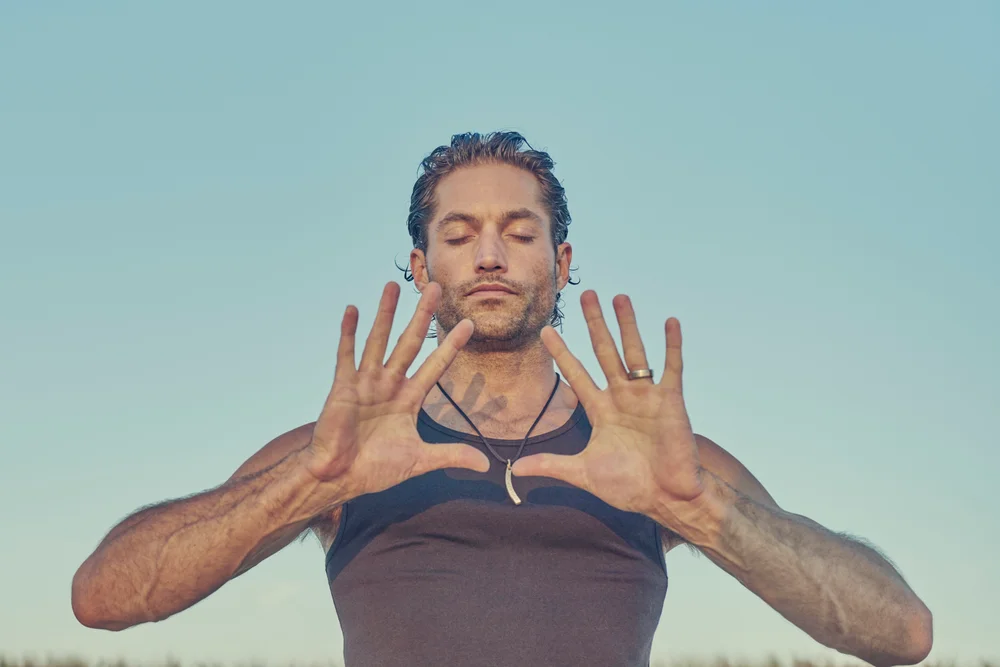Regain Your Health & Feel Heard

All New Patient and Follow-Up visits are fully virtual.
We are taking every precaution to keep our clinic as healthy and as safe as possible during this time. We know how frustrating the healing journey can be and how difficult it is to find a good practitioner. If you are sick and tired of going from doctor to doctor looking for answers and getting nowhere, you’ve come to the right place. How do we know this? Because we hear this from our patients every day. At Indigo, we listen to you and we help you find the right solutions.Most doctors treat patients like one size fits all and are not seeing the body as a whole. Top that off with the average doctor’s visit being around ten minutes, how can you possibly assess anything in that much time?You deserve individualized care because your health journey is unique and one size certainly does not fit all. By creating a special partnership with you, we will figure out the root cause of your health concerns. Given the right tools, it is possible for you to experience optimal, thriving health.
We believe in
01
Commitment
Your first step to getting better is commitment. By being committed to your health, you will do what it takes to reach your goals. Being interested in health and being committed to your health are two different journeys. Those who commit see the best results. Our staff is committed to you and stands for your optimal thriving health.
02
Partnership
We create a special partnership with our patients and treat you like family. By creating a safe environment, healing takes place. Partnership is a two way street, we integrate your feedback and set you up for success. We strive for our patients to be comfortable in our care, to know you are being heard and are in great hands.
03
Individualized care
You are unique and we practice medicine to reflect that. Through our clinical experience and diverse set of specialty labs, we discover your uniqueness and the root cause of your health concerns. We specialize in highly individualized care to create the best treatment plan for you.
04
Advanced medicine
Our practitioners stay up to date with all the latest research studies, new discoveries, healing modalities and medicine. Given the right tools, your body has the ability to achieve an optimal state of well-being. Our healthcare providers travel the world to bring you the best and most advanced healing treatments the world has to offer.
What we treat
- Acne, Eczema, Psoriasis & other Skin Conditions
- Adrenal Disorders
- Allergies
- Anti-Aging & Healthy Aging
- Anxiety & Depression
- Arthritis
- Autoimmune Disease
- Bladder Infections
- Cancer & Cancer Prevention
- Candida
- Chronic Diseases & Infections
- Detoxification
- Diabetes, Pre-Diabetes, Insulin Resistance, Metabolic Syndrome
- Digestive Disorders
- Fatigue & Chronic Fatigue
- Food Sensitivities
- Gadolinium Toxicity
- Headaches & Migraines
- Heart Health (Atherosclerosis, High Blood Pressure, High Cholesterol, Palpitations)
- Heavy Metal Toxicity
- Hormonal Imbalances
- Insomnia & Sleep Disorders
- Lyme Disease
- Men’s Health (Prostatitis)
- Pain Management
- Parasites
- Respiratory Conditions (Asthma, Bronchitis, Emphysema, COPD)
- Scars
- Sinus Conditions
- Thyroid Disorders
- Weight Management
- Women’s Health (Infertility, PCOS, PMS)
Our services
- Annual Physical Exams
- Cancer & Cancer Prevention
- Chelation (EDTA, DTPA, etc.)
- Clinical Nutritional Counseling
- Detoxification
- EKG (In Office)
- Electrotherapeutic Point Stimulation (ETPS)
- Empowered Healing
- Food Sensitivities
- Genetic Analysis
- Greek Test (RGCC)
- Heavy Metal Testing & Treatment
- Hormonal Imbalances
- Insulin Potentiation Therapy
- Lyme Disease
- NAD+ Therapy
- Medical Marijuana
- Micronutrient Testing
- Nutritional Intravenous (IV) Therapy
- Pain Management
- Scar Therapy
- Supplements
- Treatment & Monitoring of Acute & Chronic Conditions
- Vitamin Injections (Vitamin B12 , D3 , The Skinny)
- Wilson’s Temperature Syndrome (WTS)
Specialty labs
- Adrenal Stress Testing
- DUTCH Test
- Food Sensitivities
- Gastrointestinal (Stool Analysis)
- Genetic Testing
- Gluten Sensitivity
- Greek Test (RGCC)
- Heavy Metals Testing
- Hormones
- Intestinal Permeability
- Laboratory & Functional Lab Services
- Lyme Disease & Tick Testing
- Micronutrient Testing
- Neurotransmitters
- Telomere Testing
- Zonulin






.webp)






.webp)

.webp)

.webp)
.webp)










